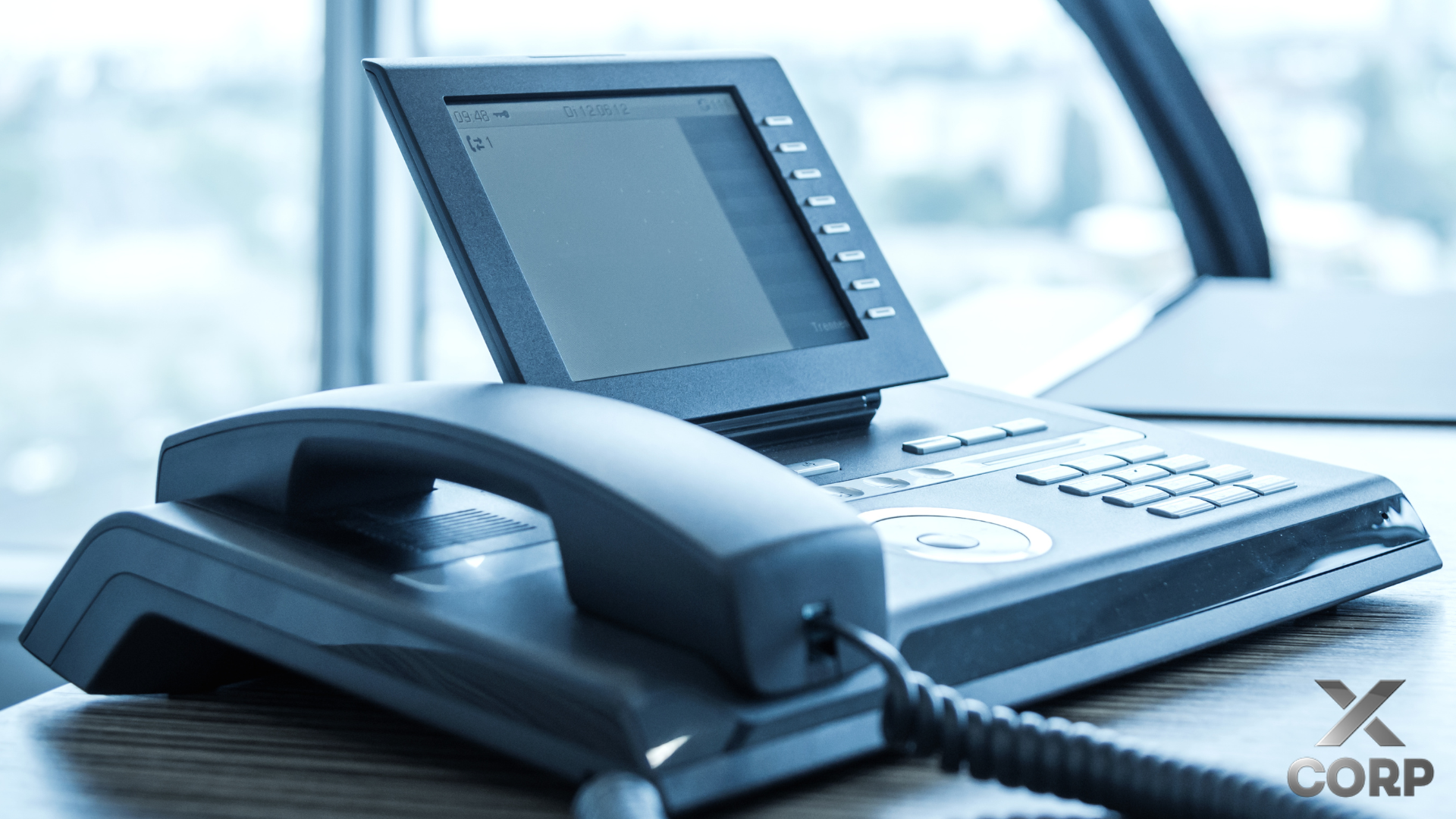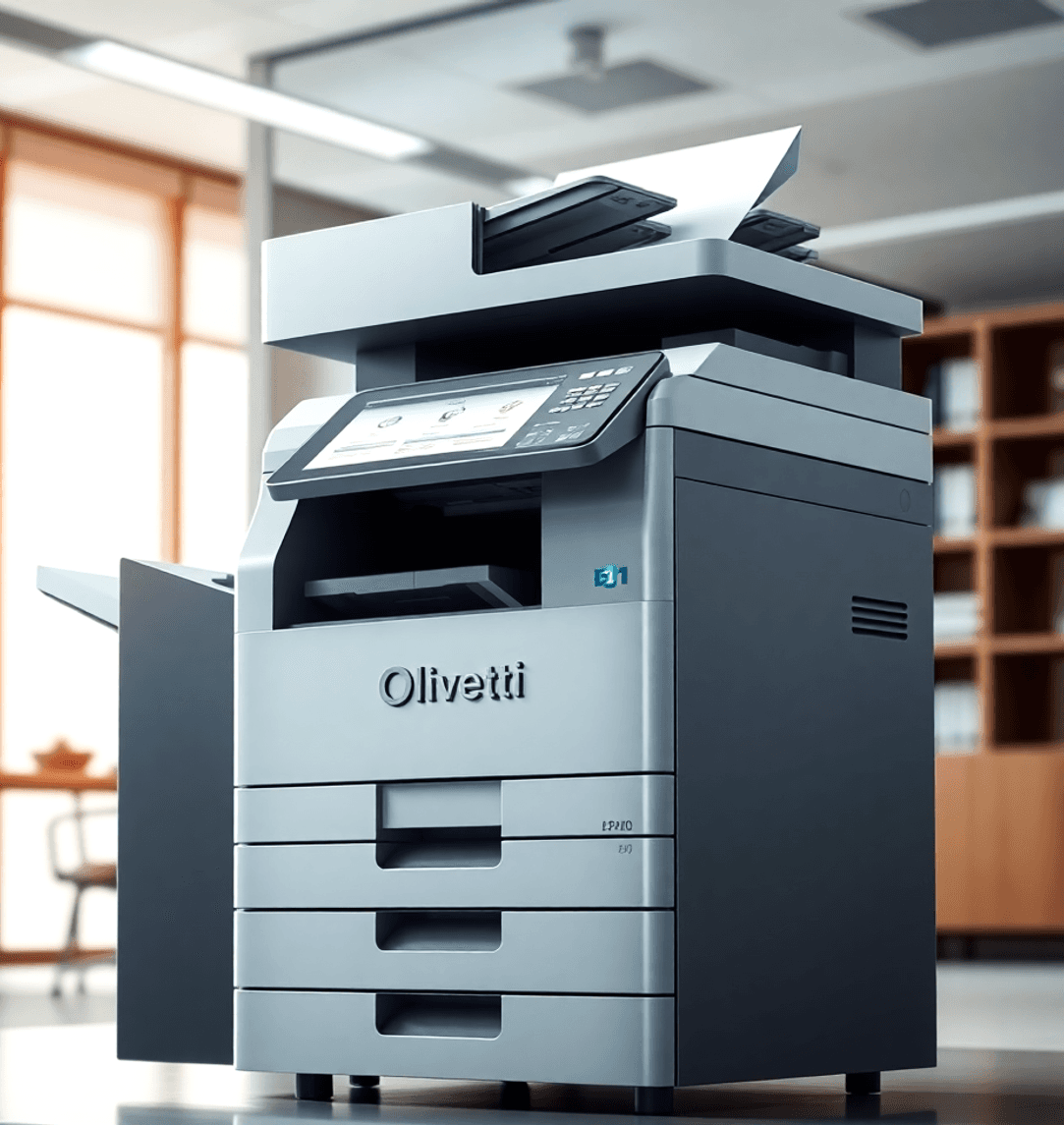
For businesses today, providing exceptional customer service is more important than ever.
One often overlooked aspect of customer service is the efficiency and effectiveness of a company’s phone system, specifically the call routing mechanism.
Advanced call routing techniques can significantly
enhance customer satisfaction by ensuring calls are directed to the right person quickly and efficiently. Let's explore the importance of efficient call routing and some advanced techniques that can improve customer service.
The Importance of Efficient Call Routing
Efficient call routing is crucial for several reasons:
- Reduced Wait Times: Customers are more likely to be satisfied when their calls are answered promptly and routed to the appropriate department or individual without unnecessary delays.
- Improved First Call Resolution (FCR): Proper call routing increases the chances of resolving customer issues on the first call, reducing the need for follow-ups and transfers.
- Enhanced Customer Experience: A seamless and efficient call routing system reflects well on the company, creating a positive impression and fostering customer loyalty.
Advanced Call Routing Techniques
- Skills-Based Routing
- What It Is: Skills-based routing directs calls to agents based on their specific skill sets and expertise. For instance, technical issues are routed to IT specialists, while billing queries go to finance experts.
- Benefits: This technique ensures that customers speak with someone knowledgeable about their issue, leading to quicker and more effective resolutions.
- Time-Based Routing
- What It Is: Time-based routing directs calls based on the time of day or day of the week. For example, calls made after business hours might be routed to a 24/7 support team or voicemail.
- Benefits: This approach ensures that customers receive the appropriate level of support regardless of when they call, enhancing accessibility and service continuity.
- Geographic Routing
- What It Is: Geographic routing directs calls based on the caller’s location. This can be particularly useful for businesses with multiple branches or service areas.
- Benefits: Geographic routing ensures that customers are connected to local representatives who are familiar with regional issues and can provide more personalized service.
- Interactive Voice Response (IVR) Integration
- What It Is: IVR systems allow callers to navigate through a menu of options using their voice or keypad inputs, directing them to the appropriate department or service.
- Benefits: IVR systems can handle a high volume of calls efficiently, reducing wait times and freeing up agents to handle more complex inquiries.
- Priority Routing
- What It Is: Priority routing assigns higher priority to certain calls based on predefined criteria, such as VIP customers or emergency situations.
- Benefits: This ensures that high-priority calls are handled promptly, improving customer satisfaction among key client segments.
Implementing Advanced Call Routing
To effectively implement advanced call routing, businesses should:
- Assess Current Call Handling Processes: Identify bottlenecks and areas for improvement in the existing call routing system.
- Invest in the Right Technology: Choose a phone system that supports advanced routing features and integrates seamlessly with other customer service tools.
- Train Staff: Ensure that staff are trained on the new system and understand how to handle calls efficiently.
- Monitor and Adjust: Continuously monitor the performance of the call routing system and make adjustments as needed to optimize efficiency and customer satisfaction.
In Conclusion,
Advanced call routing techniques offer a powerful way to enhance customer service by ensuring that calls are handled efficiently and effectively. By implementing skills-based routing, time-based routing, geographic routing, IVR integration, and priority routing, businesses can significantly improve customer satisfaction, reduce wait times, and increase first call resolution rates. Investing in these technologies and processes not only boosts customer loyalty but also sets a company apart in a competitive market.
By focusing on efficient call handling, businesses can create a more responsive, knowledgeable, and customer-centric service environment, ultimately driving better business outcomes.
For more insights on improving your business phone systems and customer service strategies, stay tuned to our blog or contact X-Corp Business Solutions for tailored solutions.










